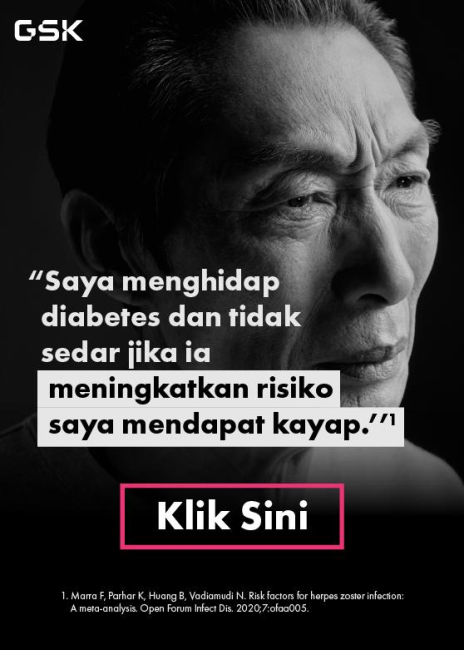What is nipple discharge?
Nipple discharge is any fluid coming from the nipple of the breast. It is possible for women who are not pregnant or breastfeeding to have nipple discharge. However, if you have nipple discharge, it is best to have a doctor checkup as soon as possible. If you are a man, nipple discharge could be a big problem.

How does it look?
Nipple discharge may come from one or both breasts, either on itself or when you squeeze the breasts. The sustance be clear, milky, in a certain color, or sometimes bloody. This type of discharge is not milk, but it travels through the same openings as milk does. Its consistency also varies from thick to thin, sticky to watery.
What causes it?
Nipple discharge is quite normal during pregnancy and breastfeeding. It can also be the result of hormone changes during menstruation and fibrocystic changes. The discharge caused by breastfeeding usually comes from both breasts and may last up to 2 years after the mother stop nursing.
Bloody discharge is likely to be caused by a papilloma – a noncancerous tumor. It appears out of nowhere and only affects one duct. Although in this case, the discharge is harmless and will go away on its own, you still need an ultrasound. If the result shows a lesion inside a milk duct, your doctor will order a biopsy to make sure it is not cancerous.
Can it be breast cancer?
Although nipple discharge is usually not life-threatening, it could be a sign of breast cancer. In that case, the discharge comes with the symptoms below:
+ A lump in the breast
+ Only one breast has discharge.
+ There is blood in the discharge.
+ The discharge comes out by itself and persists.
+ Only one duct is affected.
What are the possible causes?
+ Abscess
+ Breast cancer or infection
+ Ductal carcinoma in situ (DCIS)
+ Endocrine disorders
+ Galactorrhea
+ Fibrocystic breasts
+ Excessive breast stimulation
+ Injury or trauma to the breast
+ Mammary duct ectasia
+ Intraductal papilloma
+ Medications
+ Hormonal changes during menstruation
+ Paget’s disease of the breast
+ Periductal mastitis
+ Prolactinoma
When to seek medical help?
Having nipple discharge does not mean you have cancer. However, it could be a warning sign of certain underlying conditions. If you are still having menstruation and the discharge does not disappear after your next cycle, you should visit a doctor. If you have already done with menopause and your discharge comes with the alarming symptoms above, you need to seek medical help as soon as possible.
[embed-health-tool-bmi]
















